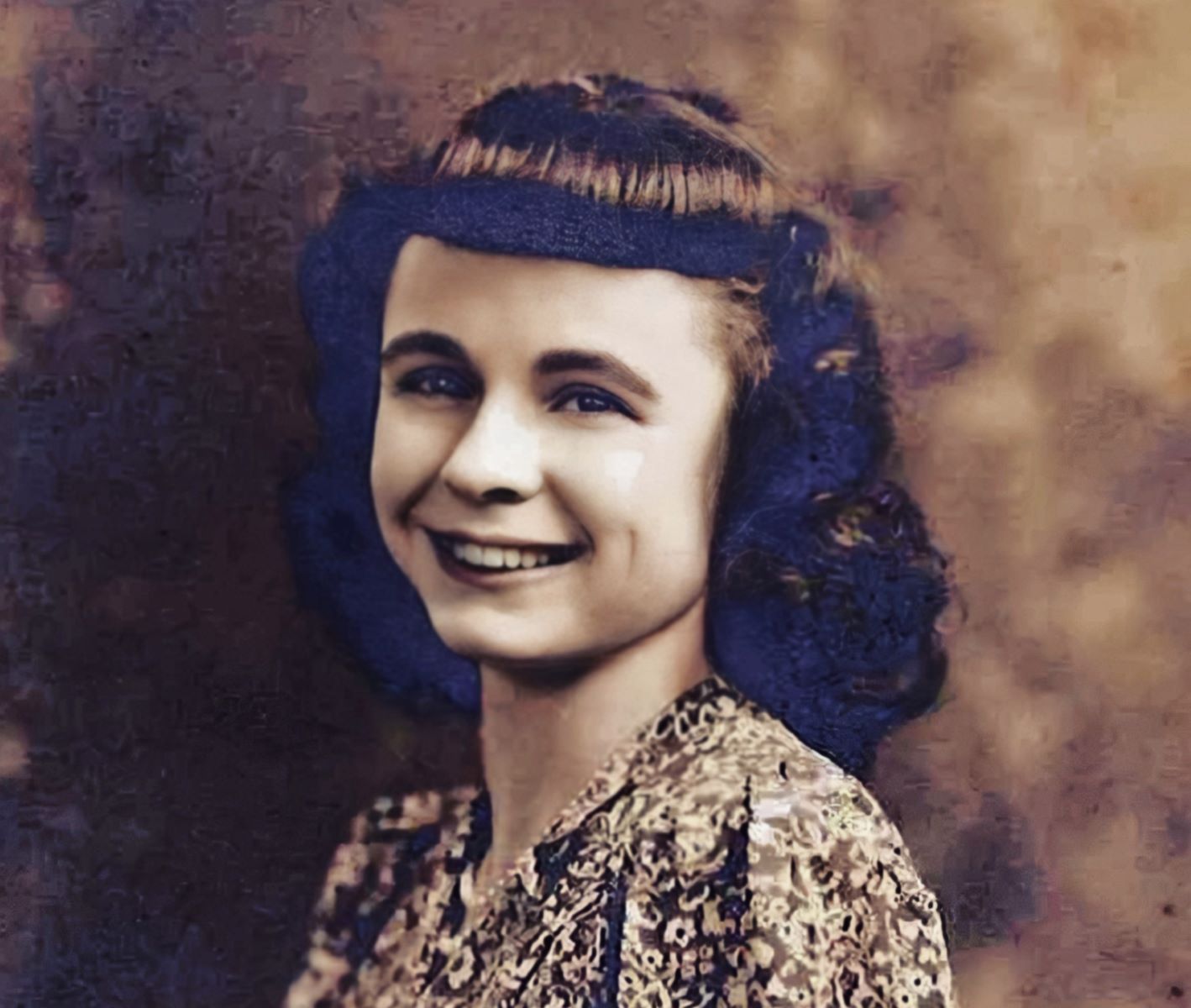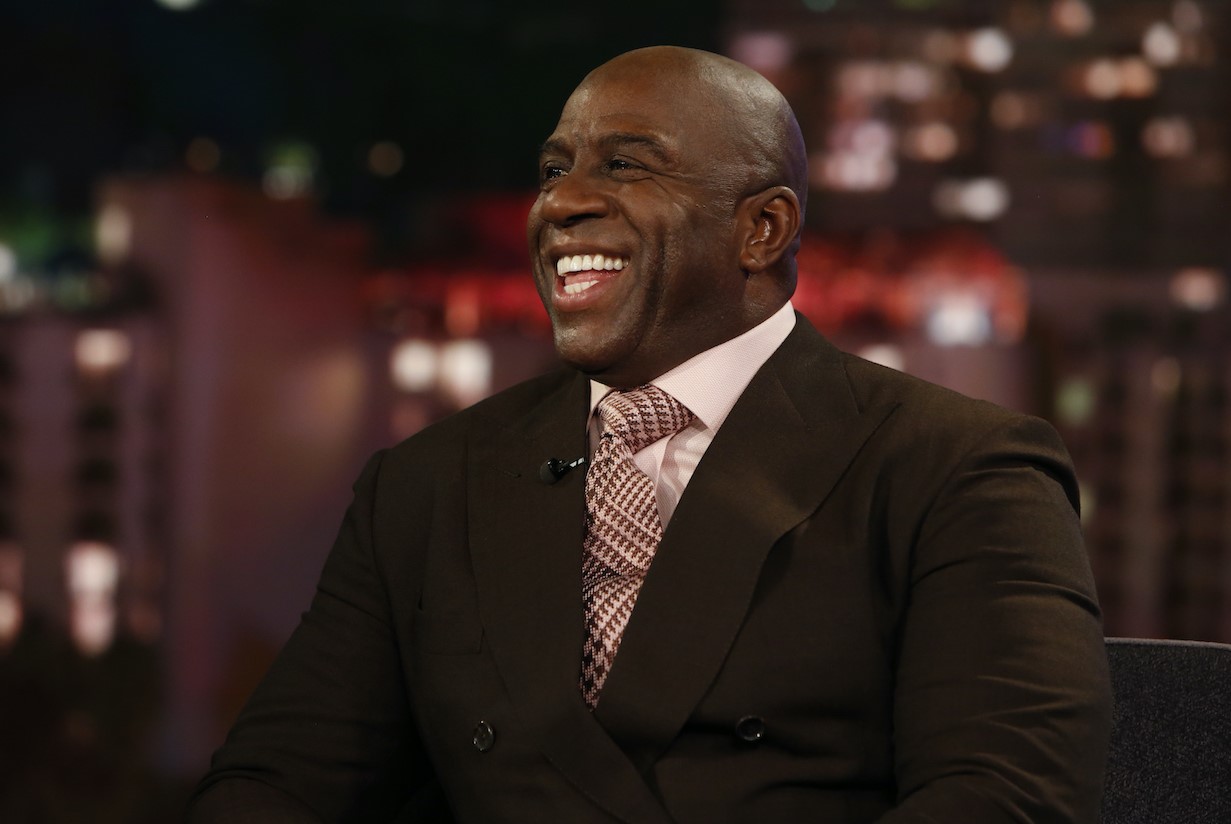
Who was Eleanor Louise Cowell? Eleanor Louise Cowell, also known as Louise Bundy, was the mother of one of America's most notorious serial killers, Ted Bundy. Born on September 21, 1924, in Philadelphia, Pennsylvania, she grew up in a strict, religious household. Her life took a dramatic turn when she gave birth to Ted at an unwed mothers' home, leading to a web of secrets and complex family dynamics. Despite the horror of her son's crimes, she remained in denial, steadfastly supporting him until his execution in 1989. Louise's story is a haunting reminder of how family and societal pressures can shape lives in unexpected ways.
Key Takeaways:
- Louise Bundy's strict upbringing and family secrets shaped Ted Bundy's dark path. Family dynamics and societal pressures can influence the development of individuals, even leading to tragic outcomes.
- Despite overwhelming evidence, Louise Bundy continued to support her son, Ted Bundy, even after his heinous crimes became public knowledge. This highlights the powerful and complex nature of family bonds.
Early Life and Family Background
Eleanor Louise Cowell, known as Louise Bundy, had a life marked by strict social norms and religious values. Her early years and family dynamics played a significant role in shaping her future.
- Birth and Early Life: Eleanor Louise Cowell was born on September 21, 1924, in Philadelphia, Pennsylvania.
- Family Background: Raised in a deeply religious family, her parents were humiliated by her illegitimate birth.
- Ted Bundy's Birth: On November 24, 1946, Louise gave birth to Theodore Robert Cowell at the Elizabeth Lund Home for Unwed Mothers in Burlington, Vermont.
- Paternal Identity: The identity of Ted Bundy's biological father remains unconfirmed, with theories including Lloyd Marshall, Jack Worthington, and even her own father.
- Adoption and Family Dynamics: To avoid social stigma, Louise's parents raised Ted as their own son, presenting Louise as his older sister, a secret Ted later discovered.
Life in Philadelphia and Move to Tacoma
Louise's early life in Philadelphia and the subsequent move to Tacoma, Washington, were pivotal moments that influenced her and Ted's future.
- Early Life in Philadelphia: For the first three years of his life, Ted lived in the Roxborough neighborhood of Philadelphia with his maternal grandparents.
- Grandparents' Influence: Samuel Knecht Cowell, Ted's grandfather, was a violent and tyrannical bully, while his grandmother was timid and obedient.
- Move to Tacoma: In 1950, Louise left Philadelphia with Ted and moved to Tacoma, Washington, where she met and married Johnnie Culpepper Bundy.
- Marriage to Johnnie Bundy: Louise married Johnnie Bundy in 1951. Despite his efforts to be a father figure, Ted remained distant from him.
- Children with Johnnie Bundy: Louise had four children with Johnnie, but Ted's relationship with his stepfather was strained.
Ted Bundy's Early Behavior and Interests
Ted Bundy's early behavior and interests hinted at the dark path he would eventually take. These formative years were marked by disturbing tendencies and a fascination with the macabre.
- Resentment Towards Her Son: Louise's actions and behavior contributed to Ted's feelings of resentment and confusion about his family dynamics.
- Ted's Early Behavior: Ted occasionally exhibited disturbing behavior, such as his aunt Julia Cowell waking up to find knives from the kitchen scattered around her.
- Interest in the Macabre: Bundy showed an unusual interest in the macabre at an early age, becoming fascinated by knives around the age of 3.
- School Performance: Despite his dark tendencies, Ted did well in school and was described as a bright child, though he struggled with his peers.
- Teenage Years: As a teenager, Ted liked to peer into other people’s windows and steal things he wanted without remorse.
Family Life in Tacoma and Ted's Fantasies
Life in Tacoma was marked by tension and confusion for Ted. His fantasies and behaviors during this period foreshadowed his future crimes.
- Family Life in Tacoma: Ted described his neighborhood as a place where he would roam and pick through trash barrels in search of pictures of naked women.
- Influence of Detective Magazines: Bundy claimed to have perused detective magazines and crime novels for stories involving sexual violence.
- Fantasies and Window Peeping: Psychologist Al Carlisle noted that Bundy started fantasizing about women he saw while window peeping or elsewhere.
- Ted’s Relationship with His Mother: Louise remained a significant figure in Ted's life, despite his deep-seated resentment towards her.
- Support for Ted’s Crimes: Louise remained in denial about her son's crimes until the end, insisting that Ted could never have committed such atrocities.
Ted Bundy's Crimes and Louise's Denial
Despite overwhelming evidence, Louise Bundy continued to support her son, even after his heinous crimes became public knowledge.
- Confession Tapes: In 2019, journalist Stephen Michaud brought Ted Bundy's confessional tapes to Louise in Washington State.
- Ice Cream and Pie: After listening to the tapes, Louise suddenly stood up and clapped her hands, announcing, “Whose for apple pie and ice cream?”
- Last Words to Ted: On the eve of his execution, Louise reportedly told Ted, “You'll always be my precious son.”
- Ted’s Execution: Ted Bundy was executed on January 24, 1989, at the age of 42, in Florida's electric chair.
- Louise’s Death: Eleanor Louise Cowell passed away on December 23, 2012, at the age of 88, due to illness.
Ted Bundy's Relationships and Political Ambitions
Ted Bundy's relationships and political ambitions were complex and often intertwined with his dark tendencies.
- Ted’s Relationship with Women: Many of Ted’s victims resembled a girl who had ended their romance, triggering his killing spree.
- Ted’s Political Ambitions: Despite his dark tendencies, Ted Bundy was considered a rising star in state politics.
- Breakup and First Victim: In 1973, Ted re-entered the girl's life and proposed marriage, then dumped her, marking the beginning of his killing spree.
Investigation and Ted's Modus Operandi
The investigation into the disappearances of young women eventually led to Ted Bundy's capture. His modus operandi revealed a chilling pattern.
- Investigation into Disappearances: The disappearances of young college women in Washington state sparked an investigation.
- Witness Descriptions: Witnesses described a man with a leg cast who was on crutches and struggling to carry a briefcase.
- Ted’s Modus Operandi: Bundy's modus operandi involved targeting young women who resembled his former girlfriend.
Ted's Confessions and Psychological Analysis
Ted Bundy's confessions and psychological analysis provided insight into his twisted mind and the factors that contributed to his actions.
- Ted’s Confessions: In his confessional tapes, Ted described his crimes in detail, confessing to murdering at least 30 women and girls.
- Psychological Analysis: Psychologist Dorothy Otnow Lewis claimed that a DNA test confirmed Ted was not the product of incest.
- Legacy and Impact: The case of Ted Bundy and his mother serves as a tragic example of how family dynamics and societal pressures can contribute to the development of serial killers.
The Legacy of Eleanor Louise Cowell
Eleanor Louise Cowell's life was a complex mix of love, denial, and tragedy. Born into a strict, religious family, she faced societal pressures that shaped her decisions, especially regarding her son, Ted Bundy. Despite Ted's horrific crimes, Louise remained steadfast in her support, showcasing a mother's unconditional love. Her denial of Ted's guilt, even after hearing his confessions, highlights the deep emotional conflict she experienced. Louise's story serves as a poignant reminder of the powerful influence of family dynamics and societal expectations. Her unwavering support for Ted, despite overwhelming evidence, underscores the complexities of parental love and the lengths to which a mother might go to protect her child. Eleanor Louise Cowell's life and actions continue to be a subject of fascination, offering insights into the darker aspects of human nature and the enduring impact of family relationships.
Frequently Asked Questions
Was this page helpful?
Our commitment to delivering trustworthy and engaging content is at the heart of what we do. Each fact on our site is contributed by real users like you, bringing a wealth of diverse insights and information. To ensure the highest standards of accuracy and reliability, our dedicated editors meticulously review each submission. This process guarantees that the facts we share are not only fascinating but also credible. Trust in our commitment to quality and authenticity as you explore and learn with us.


